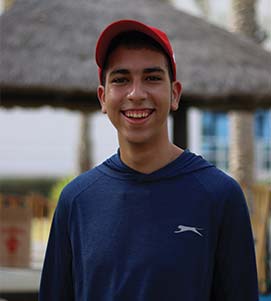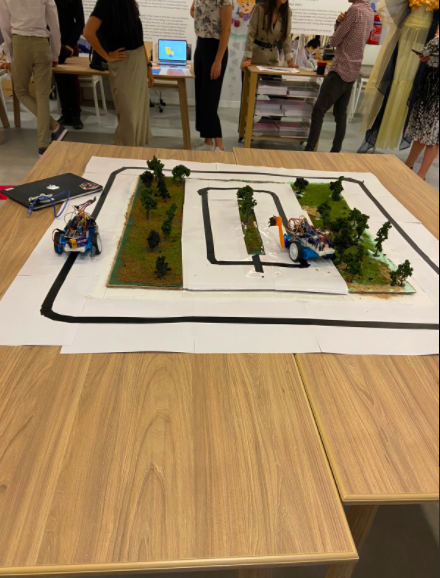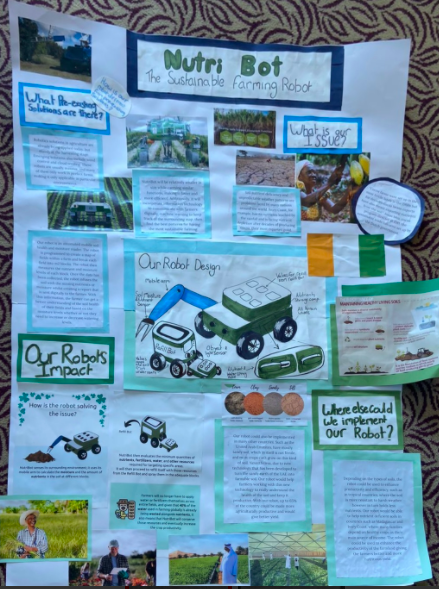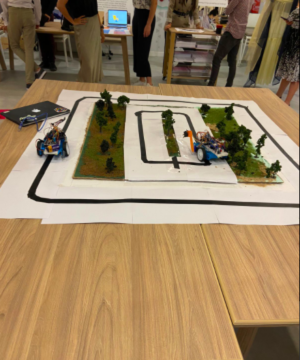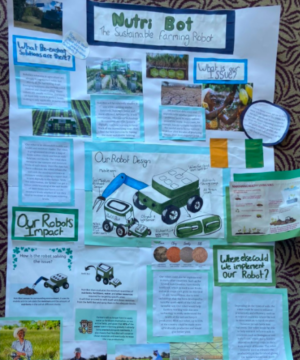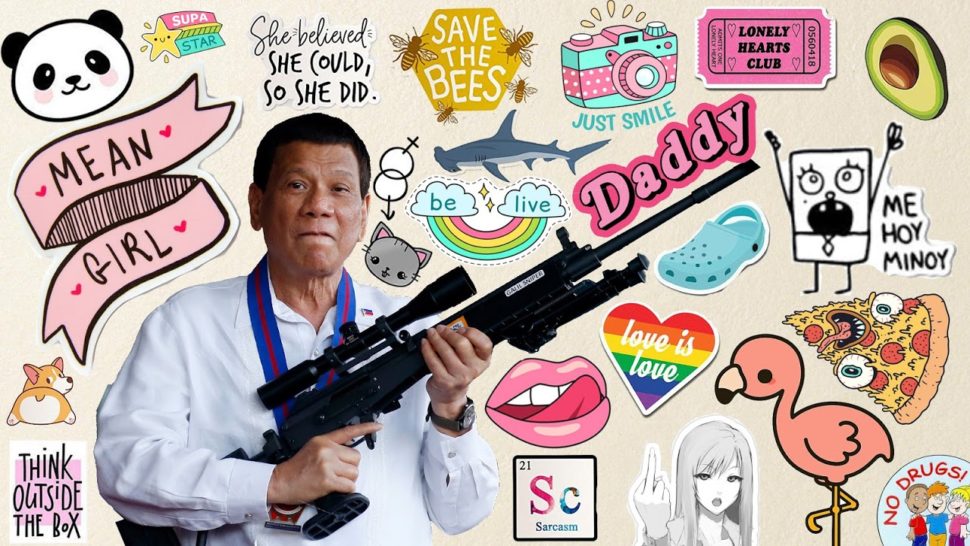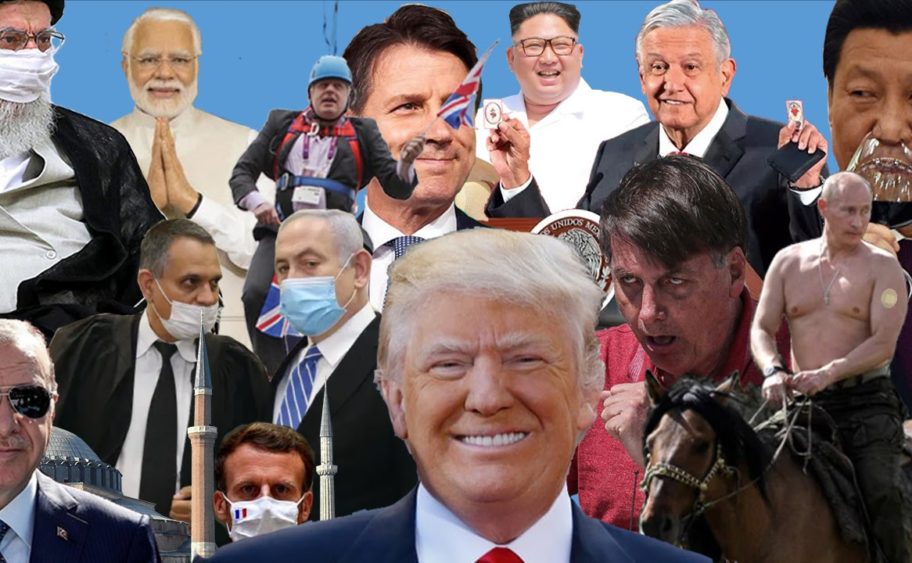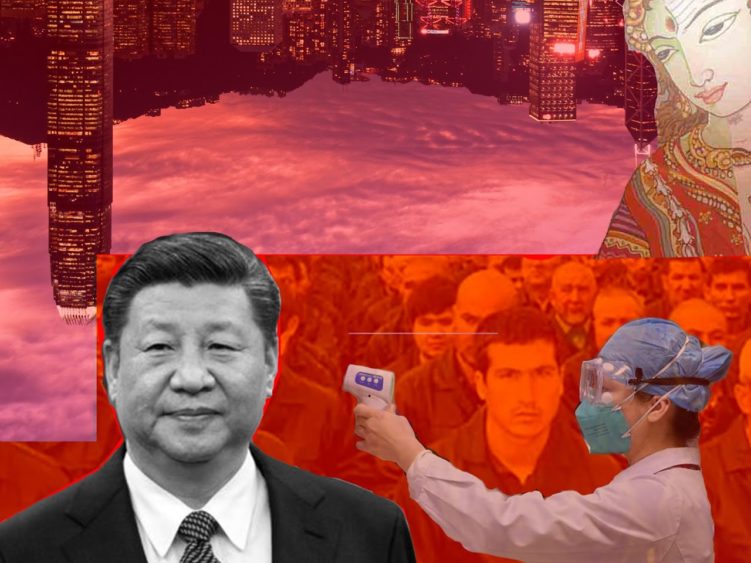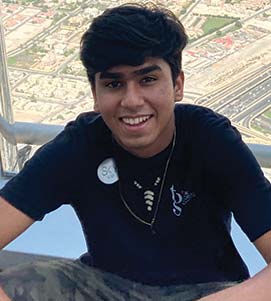
This project taught me the importance of collaboration and using people as a resource. Because we were able to combine our skillsets, we could create a high-quality final product, which I do not think I would have been able to achieve alone. I learned a lot from this team project, including troubleshooting Premiere Pro and maintaining our sense of humor in stressful situations.
-Class of 2023 Student Dhruv G.
As a personal project this term, CM2 students Niko W. and Dhruv G. challenged themselves to develop a short documentary capturing the essence of how modules work at TGS, using the Mo-Botics module as an example. They set out to answer the following driving question: “How can we use documentary filmmaking to capture the essence of PBL at TGS?”
The pair investigated different aspects of documentary filmmaking and combined their prior experience and skillsets to storyboard, plan, and execute the film. They also used a combination of student interviews and shots from module excursions as the film’s backbone.
By dividing roles and putting in a substantial amount of post-production editing, they achieved a high-quality final product which they presented at the THINK Beyond showcase.
